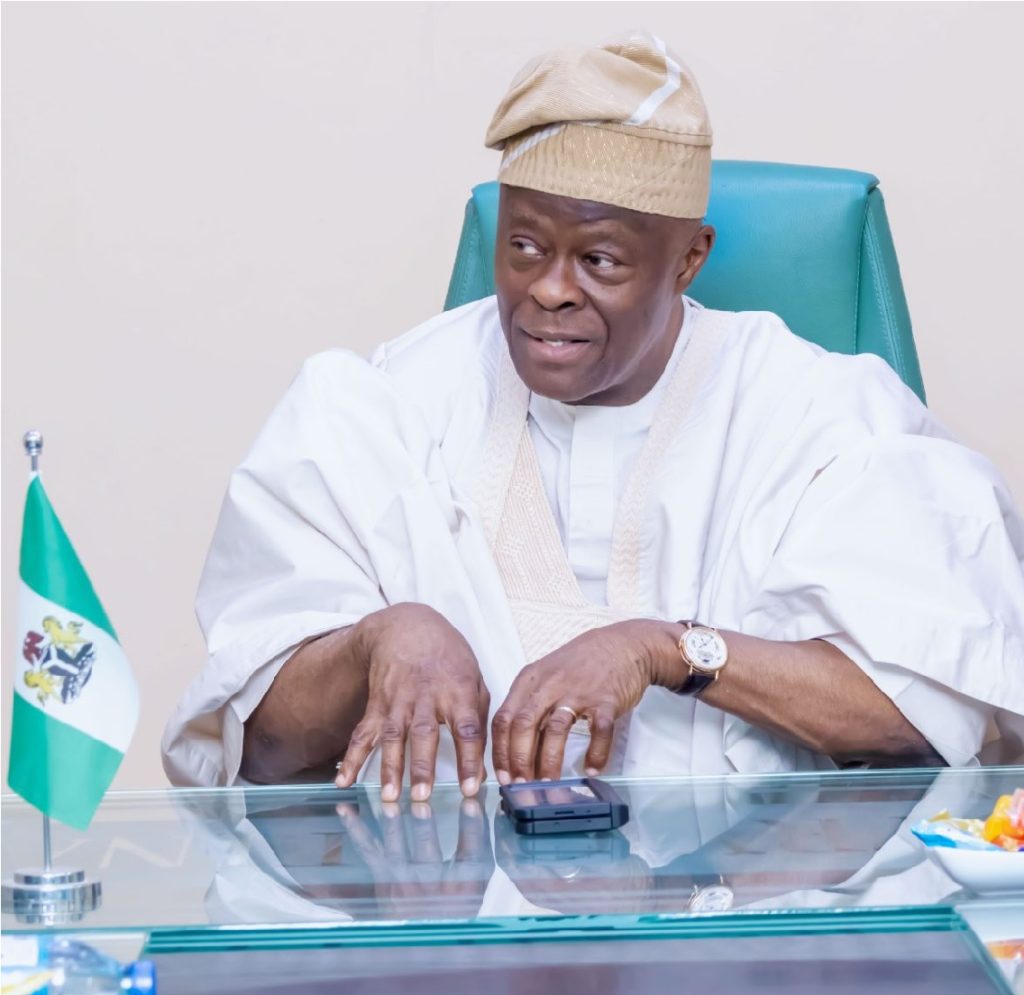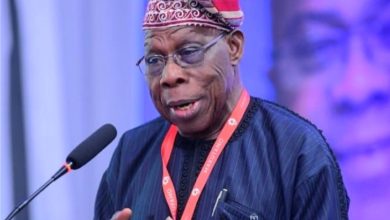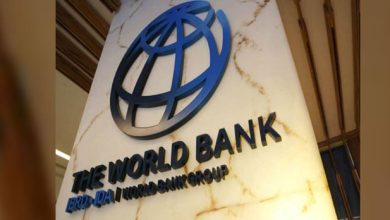FG Ends Revenue Collection Deductions, Promises Transparency in Fiscal Management
The Federal Government has announced plans to end the practice of deducting “cost of collection” from revenues shared by the three tiers of government.
Finance Minister Wale Edun said the move aims to boost fiscal transparency and accountability.
The Federal Government has announced that it will permanently stop the practice of deducting “cost of collection” from national revenues shared among the three tiers of government.

The Minister of Finance and Coordinating Minister of the Economy, Wale Edun, made the announcement on Wednesday in Abuja during a panel discussion at the launch of the World Bank’s Nigeria Development Update (NDU) titled “From Policy to People: Bringing the Reform Gains Home.”
Edun explained that President Bola Tinubu directed the move to ensure fiscal transparency and improve how public funds are distributed through the Federation Account Allocation Committee (FAAC). He said that before now, several agencies, including the Federal Inland Revenue Service (FIRS), Nigeria Customs Service, and the Nigerian Upstream Petroleum Regulatory Commission, deducted certain percentages from revenue collections before remitting the balance into the federation account.
“Most of those deductions have now been removed once and for all,” Edun said. He added that the review also covers other forms of deductions, such as refunds and intervention funds, to ensure that every amount generated is fully accounted for and used for development.
The minister said the reform aligns with constitutional provisions that require all collected revenues to be paid directly into the federation account before distribution to federal, state, and local governments. He noted that the change would strengthen fiscal discipline, promote transparency, and give states and local governments more predictable funding for development projects.
Under Nigeria’s fiscal system, revenue-generating agencies previously kept a share of what they collected to cover operational costs. However, financial experts have long criticized the arrangement, saying it encouraged inefficiency and reduced the amount available for government projects.
During the same event, World Bank Lead Economist for Nigeria, Samer Matta, said that while the country’s overall revenue performance improved in 2025, a large portion of these earnings was being lost to unnecessary deductions. He noted that FAAC allocations rose sharply, from about five per cent of GDP in 2023 to 9.5 per cent in the first eight months of 2025, mainly due to higher oil receipts and stronger non-oil tax collection.
Matta explained that despite these gains, too much money was being retained by collection agencies or re-channeled into refunds and interventions, reducing funds available for real development. He urged Nigerian authorities to ensure that rising revenues translate into tangible benefits for citizens.
The Nigeria Development Update also compared government spending patterns, showing that subnational governments have expanded capital investments while the federal government remains burdened by debt service, salaries, and overhead costs. According to the report, state and local government capital expenditure has grown from one per cent of GDP in 2022 to an estimated 2.7 per cent in 2025, representing about two-thirds of their total budgets.
The World Bank praised Nigeria’s recent fiscal and monetary reforms, saying they have improved revenue mobilization and reduced the fiscal deficit from an average of 4.4 per cent of GDP between 2021 and 2023 to about 2.5 per cent in 2025.
However, the bank warned that the country must now focus on converting these macroeconomic improvements into better living standards. It identified three urgent priorities: reducing inflation, especially food inflation, using public funds more effectively, and strengthening social safety nets.
Responding, Edun said the Tinubu administration is already implementing social protection measures, including direct cash transfers verified through biometric systems. He said about 10 million households have benefited, covering roughly 50 million Nigerians.
He also revealed that the National Economic Council has approved a ward-based development initiative across all 8,809 wards in the country to ensure that the benefits of reforms reach communities directly.
The World Bank projects that Nigeria’s GDP will grow by about 4.4 per cent by 2027, supported by improvements in agriculture, services, and manufacturing, while inflation is expected to ease to around 15.8 per cent. The report also estimates that public debt could fall below 40 per cent of GDP for the first time in over a decade, thanks to tighter fiscal management and sustained reforms.
In its outlook, the World Bank said Nigeria’s economy grew by 3.9 per cent in the first half of 2025, compared to 3.5 per cent a year earlier, driven by growth in services, agriculture, and non-oil sectors. Foreign reserves have reportedly risen above $42 billion, while the current account surplus has reached 6.1 per cent of GDP.
Despite lower oil prices, the fiscal deficit is projected to remain stable at about 2.6 per cent of GDP in 2025, with public debt expected to decline from 42.9 per cent to 39.8 per cent.



